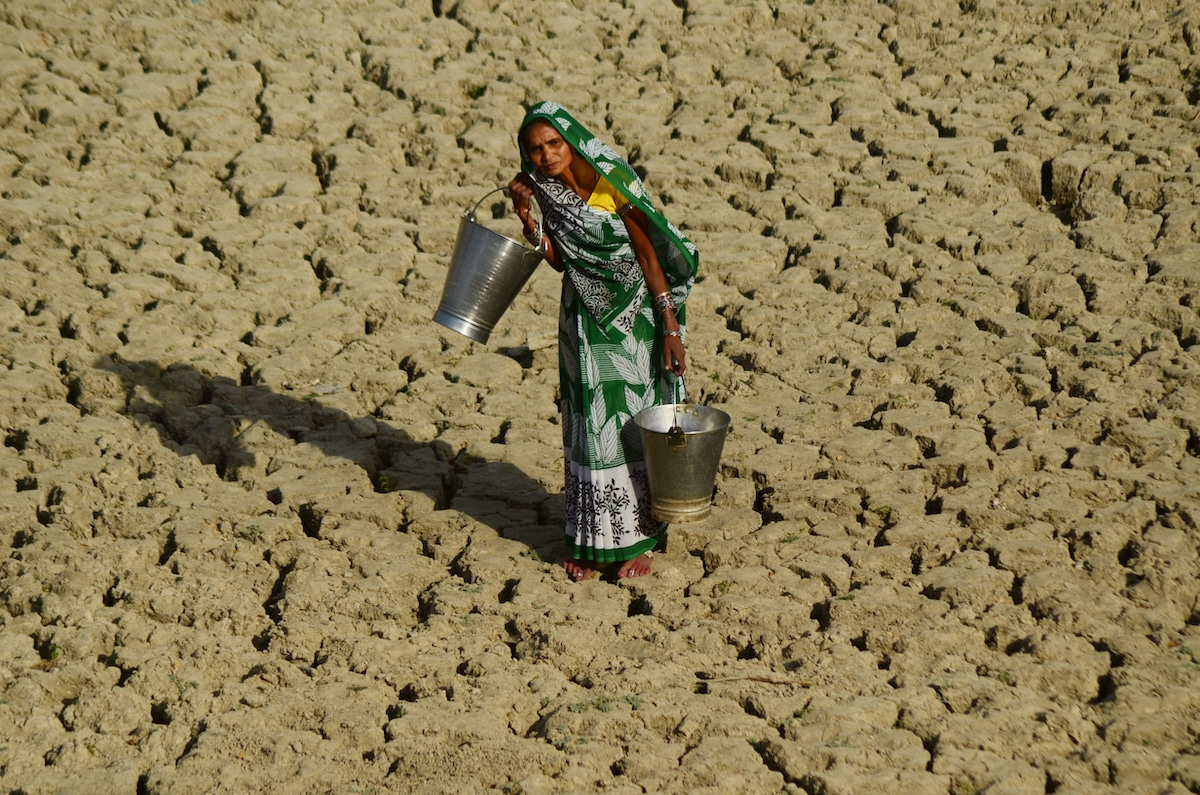In a recent ruling, the Supreme Court of India has affirmed that an individual’s “right to life” encompasses safeguarding against the consequences of environmental degradation.
The judgment aligns with the principles outlined in Article 21 of the Indian constitution, as reported by The Independent.
The court emphasized that the realization of the right to life is intrinsically linked to a clean and stable environment, free from the disruptions of climate change. It highlighted that factors such as pollution, changes in disease patterns, agricultural challenges, extreme weather events, and natural disasters directly impact the right to health, which is an integral part of the right to life under Article 21.
This significant statement was made by the court during a hearing on March 21 concerning the protection of the environment and wildlife.
Expanding the scope of Articles 21 and 14, the court extended the “right against the adverse effects of climate change,” as reported by The Indian Express.
The court underscored the significance of environmental protection as enshrined in these constitutional provisions. Article 21 acknowledges the right to life and personal liberty, while Article 14 ensures equality before the law and equal protection of laws. These articles serve as essential foundations for the right to a clean environment and protection against the adverse impacts of climate change.
The court also called for the establishment of a committee to balance infrastructure development in Gujarat and Rajasthan with the conservation of the Great Indian Bustard, according to The Independent.
Given India’s vast population, reliance on agriculture, and exposure to climate-related challenges like droughts and floods, the country is identified as highly vulnerable to the effects of climate change by various research institutions.
Despite existing governmental policies acknowledging climate change and its impacts, the court noted the absence of comprehensive legislation in India specifically addressing climate change concerns. Nevertheless, it affirmed that Indian citizens possess the right to protection against the adverse effects of climate change.
The court highlighted that marginalized communities face disproportionate challenges in adapting to and coping with climate change, leading to violations of their rights to life and equality.
In a separate development, the preamble to the Paris Agreement in 2015 recognized the importance of human rights, health, indigenous peoples, local communities, migrants, children, persons with disabilities, vulnerable populations, development, gender equality, women’s empowerment, and intergenerational equity in addressing climate change, as reported by Down to Earth.
The Indian court’s decision coincided with a ruling by the European Court of Human Rights, which found Switzerland in violation of its citizens’ human rights for inadequately addressing the impacts of the climate crisis.
